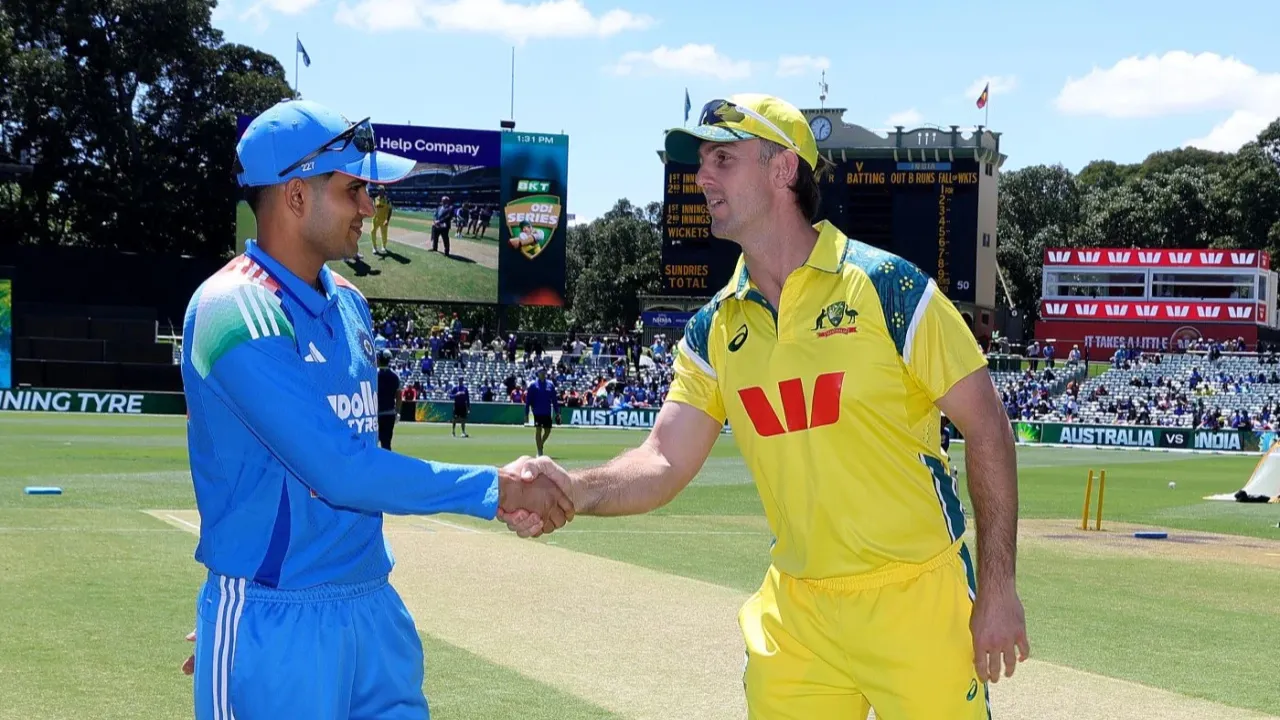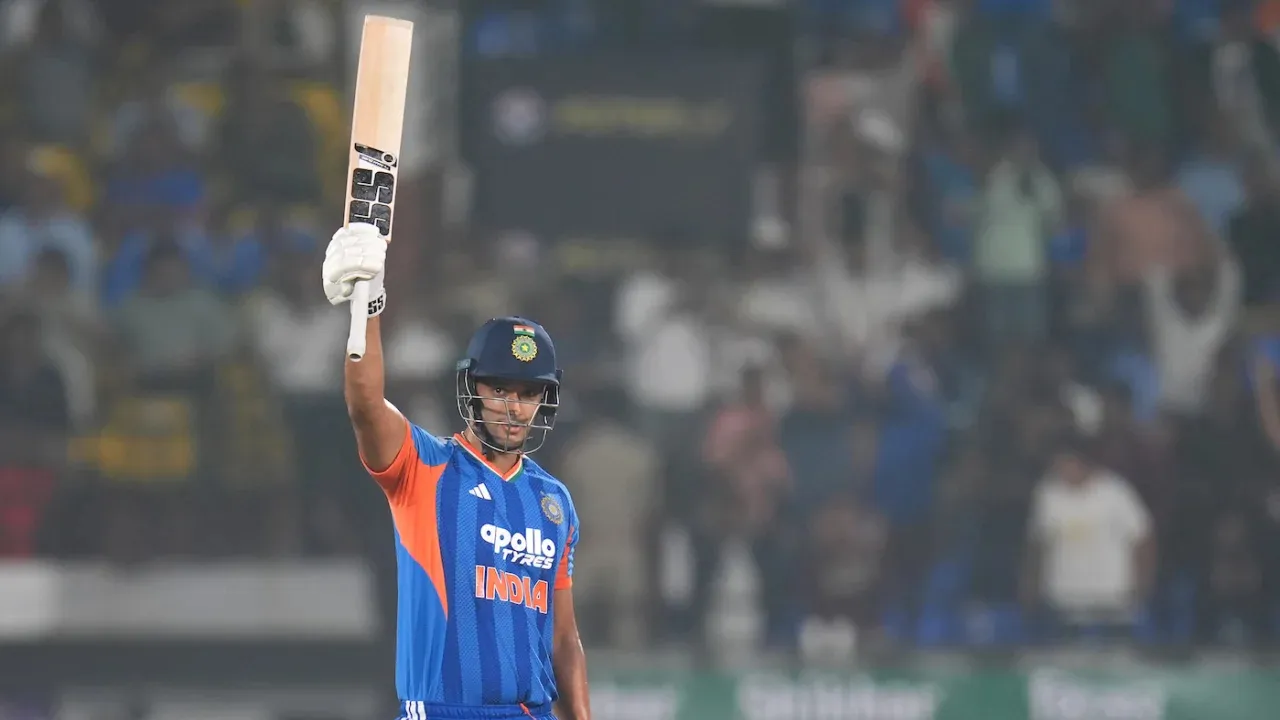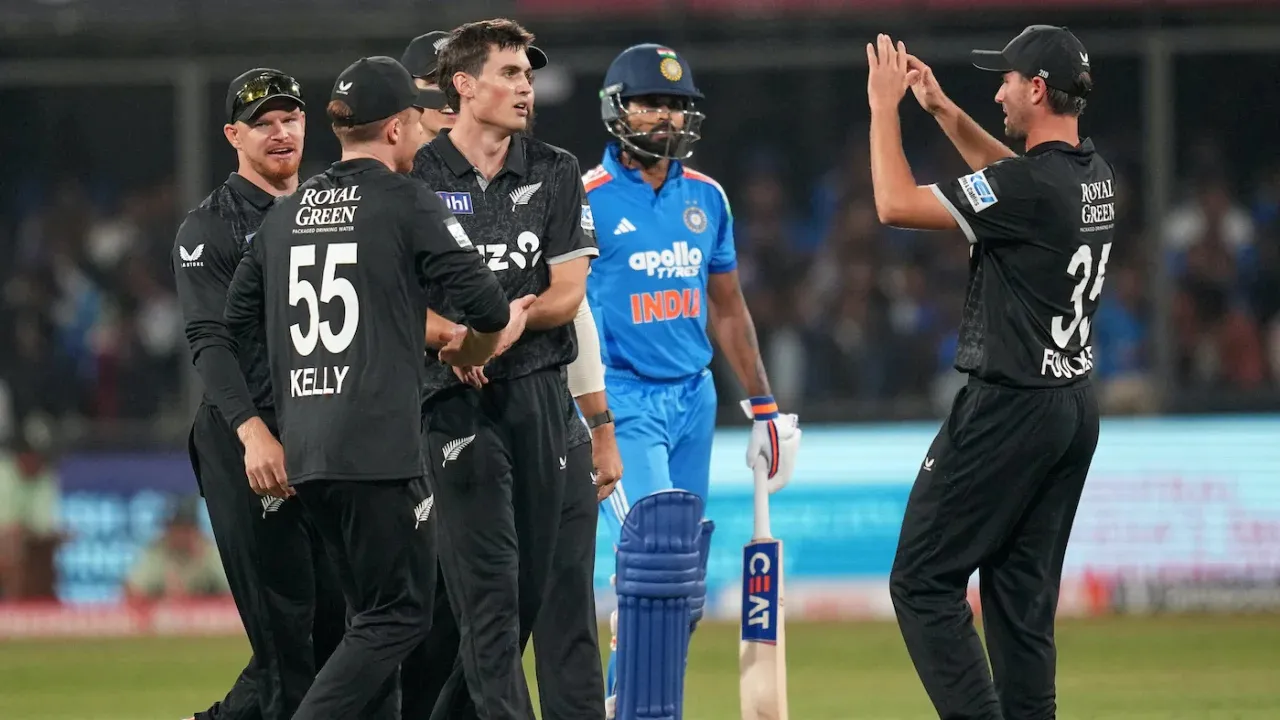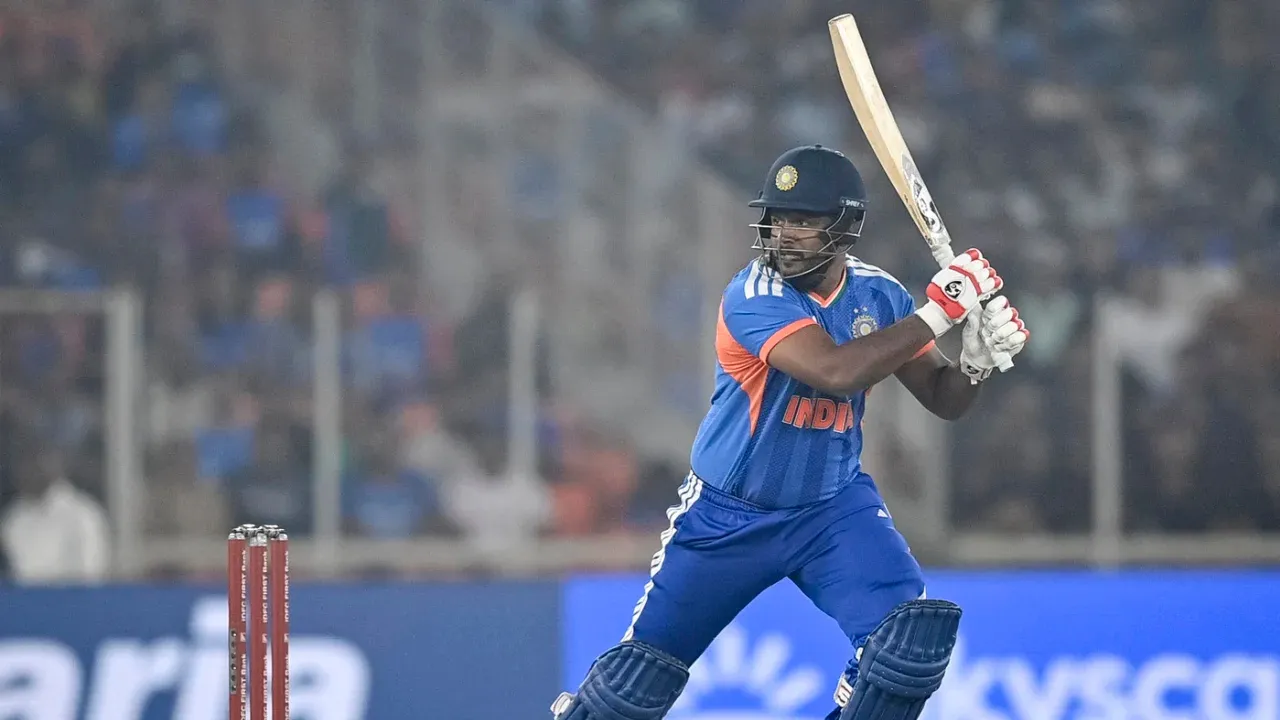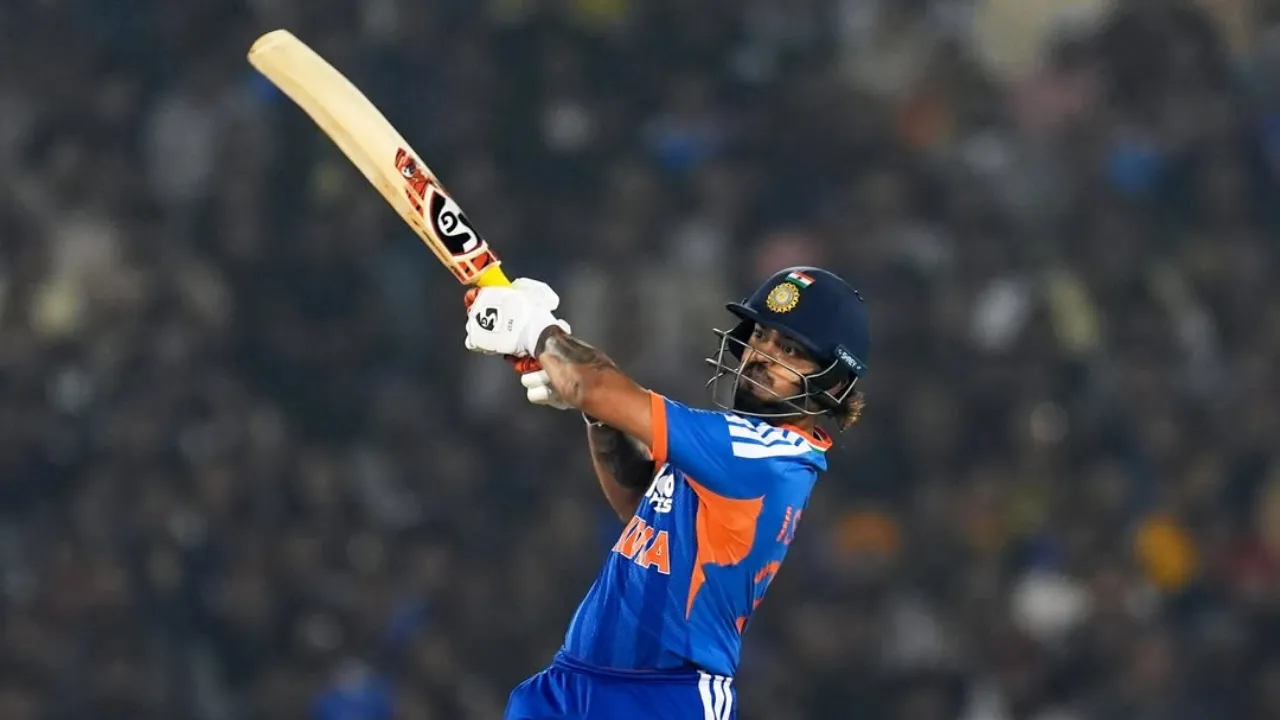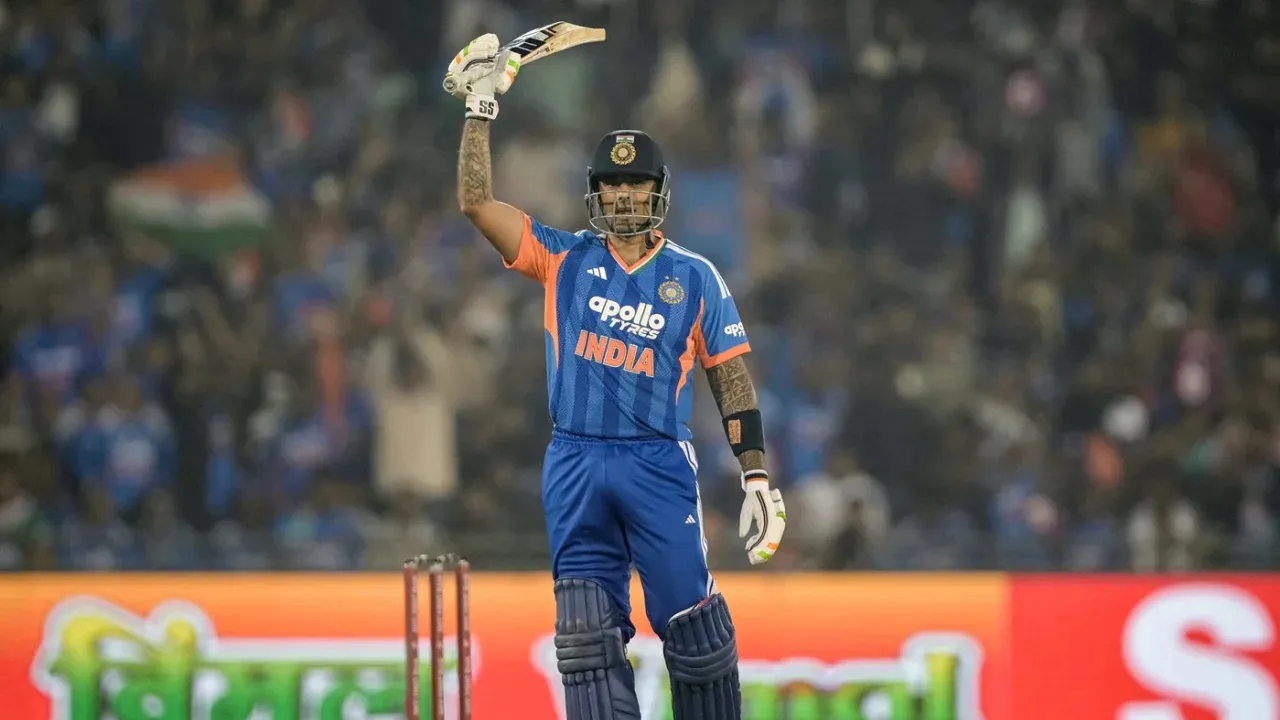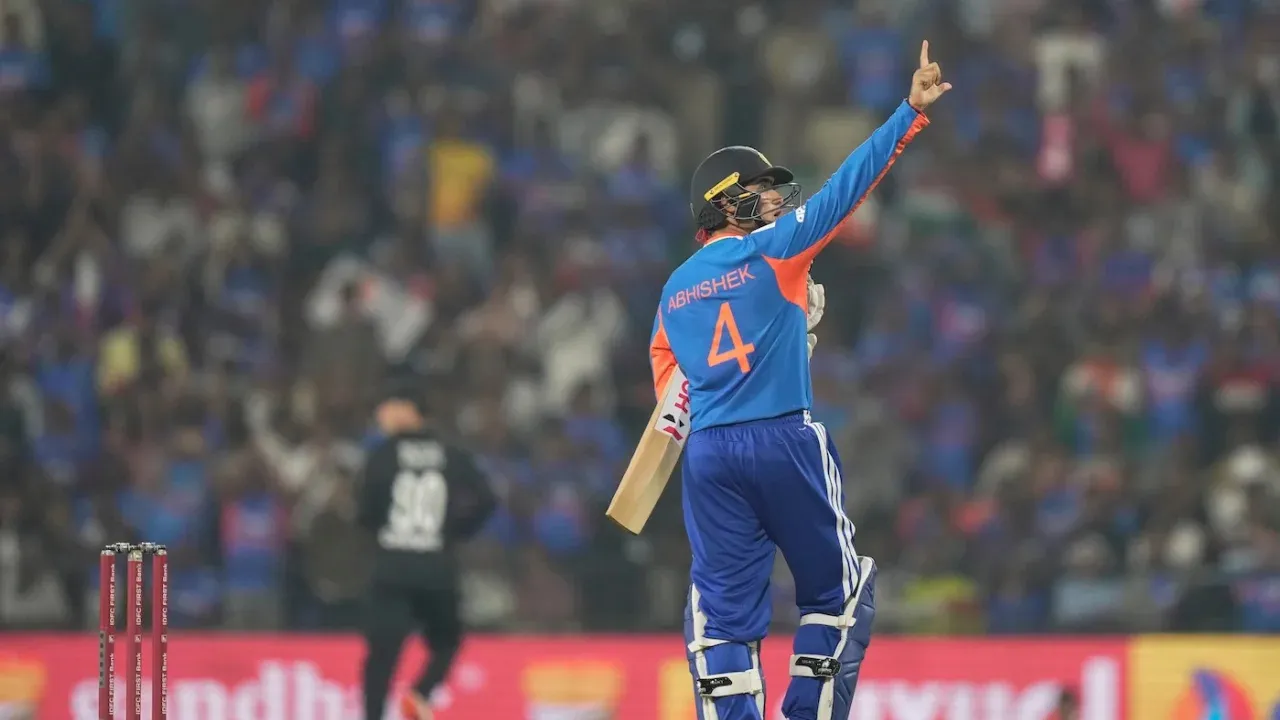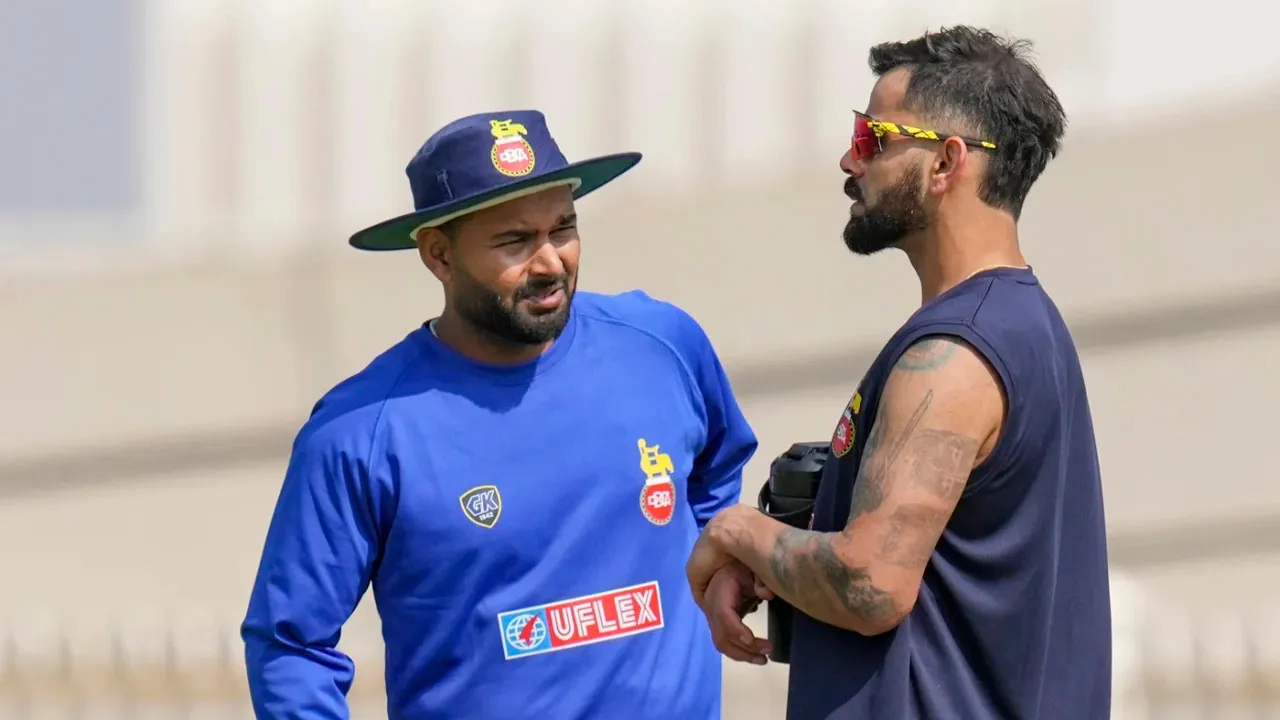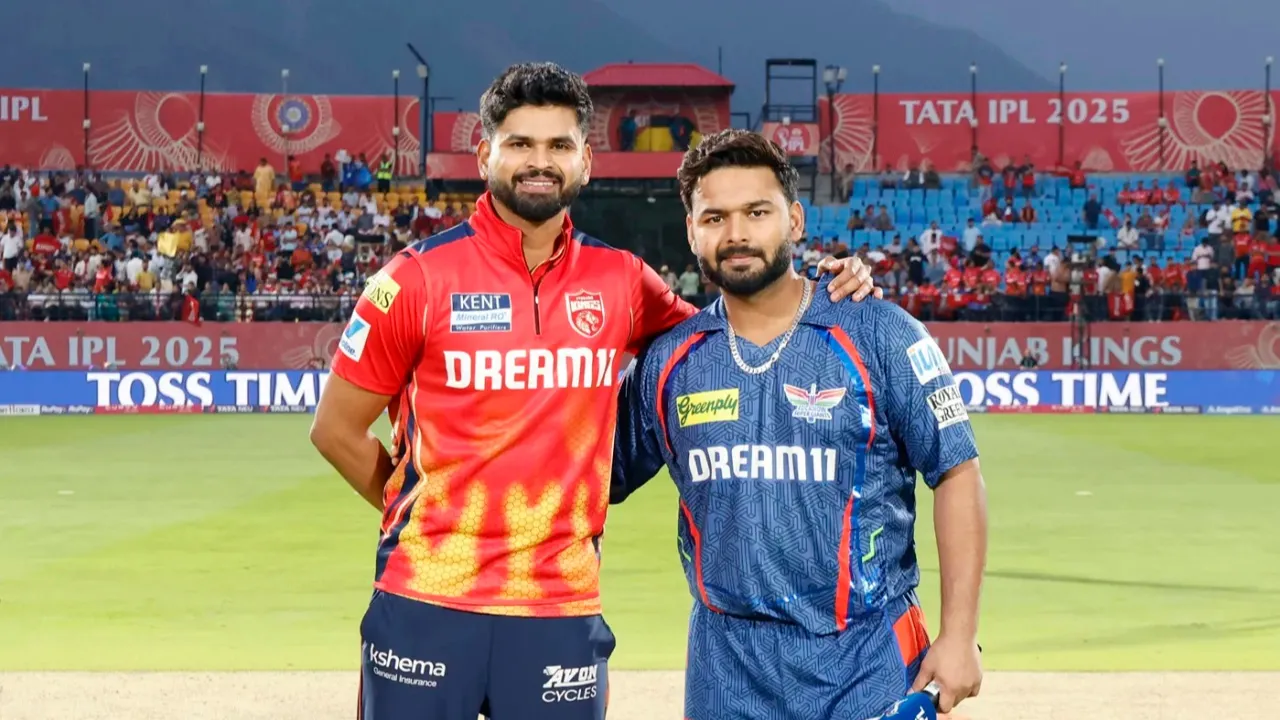Shubman Gill doesn’t mince words after losing his first ODI series as India captain: ‘When you drop…’
Shubman Gill’s first ODI series as India’s full-time captain ended in disappointment, but his post-match comments showed honesty, accountability, and a clear intent to learn from the defeat. India lost the three-match series to Australia 2–0, and Gill’s reflections after the second ODI made headlines for their bluntness and maturity. He spoke openly about what went wrong, especially pointing to early wickets and missed fielding chances.
What happened in the series
India posted a competitive 264 for 9 in the second ODI, but Australia chased it down with calm and control. Cooper Connolly’s unbeaten 61 was the turning point, supported by crucial lower-order contributions that sealed the series 2–0 for Australia. For India, the result was a setback — not for lack of effort, but because of repeated mistakes that cost them at key stages.
Key details from the match
India’s top order struggled to build partnerships. Rohit Sharma fought hard with a gritty 73, but wickets at regular intervals hurt the scoring rhythm. Australia’s disciplined bowling, led by Adam Zampa and Sean Abbott, created pressure that India couldn’t fully overcome. When it came to the chase, Australia managed their innings intelligently, not taking risks early but capitalizing once India’s spinners lost their line.
“When you drop three wickets in the powerplay…” — Gill’s honest admission
After the first ODI loss, Shubman Gill didn’t hold back. “When you lose three wickets in the powerplay, you’re always trying to play a catch-up game,” he said. This single line summed up the problem perfectly — India’s inability to build a stable start with the bat. Gill emphasized that losing top-order wickets early puts the middle order under immense pressure and changes the entire game plan. His candor showed that he is willing to confront uncomfortable truths rather than sugarcoat them.
A new kind of leadership approach
Gill’s reaction stood out for its maturity. Instead of blaming conditions or luck, he acknowledged his team’s mistakes while also crediting Australia for capitalizing on them. He praised Rohit Sharma for leading from the front and motivating younger players despite the setbacks. Such remarks reflect a captain who understands balance — firm in identifying problems, yet empathetic towards his teammates.
This approach is critical for someone taking charge in a team filled with both experienced and young players. Gill’s ability to speak with clarity and purpose indicates he’s not afraid to take responsibility — a promising sign for Indian cricket’s leadership future.
The key issues India needs to fix
Shubman Gill’s comments indirectly pointed out three main problem areas for India:
- Top-order consistency – Early collapses made recovery difficult. India’s openers need to find rhythm and shot selection suited to the pitch conditions.
- Death bowling execution – In both ODIs, India allowed partnerships to flourish in the final overs. Improving yorker accuracy and mixing variations will be key.
- Fielding lapses – Missed catches and misfields were costly. Gill’s remark “When you drop…” was a not-so-subtle reminder that fielding errors can decide tight games.
Each of these issues is fixable. What matters now is how Gill and the team management implement changes before the next series.
What Shubman Gill’s captaincy reveals
Gill’s first real test as captain revealed some important traits. He is analytical, direct, and transparent — all essential leadership qualities. His post-match interviews showed he values collective responsibility over individual excuses. By publicly admitting where the team went wrong, he sent a message of honesty and accountability to fans and teammates alike.
He also showed composure under pressure, another crucial trait for a captain. Despite the series loss, Gill’s calm tone and focus on improvement suggested he’s thinking long-term. He’s not just reacting emotionally to a defeat but processing it as a learning experience.
Lessons from the defeat
For a young captain, losing early in one’s tenure can be painful but also instructive. Shubman Gill appears to understand that failure often teaches more than victory. His acknowledgment of India’s errors, coupled with confidence in his team’s potential, demonstrates a balanced mindset.
The defeat highlighted that India needs to rethink its batting approach in overseas conditions, particularly against high-quality pace attacks. Adjusting game plans, improving strike rotation, and building longer partnerships are immediate focus areas.
How India can bounce back
India’s path to recovery under Gill’s leadership involves refining strategies rather than overhauling the squad. The top order must focus on shot discipline, while the bowlers need clarity on specific match roles — who bowls when and to which matchups. Gill’s calm but assertive communication style could help bring that clarity.
He is also known for his fitness and professionalism, setting an example for others. Young players in the squad see him not just as a talented batsman but as someone who leads by example. If he can translate that consistency into team performance, India will regain its winning rhythm soon.
Fans’ reactions and expert opinions
Fans appreciated Gill’s straightforward comments. Many took to social media praising his “no excuses” approach, contrasting it with more defensive statements sometimes seen in past series. Experts also lauded his focus on accountability, noting that such transparency builds trust within a team and with supporters. Cricket analysts observed that Gill’s leadership style is closer to modern captains like Pat Cummins — calm, thoughtful, and results-driven.
The road ahead for Shubman Gill
Shubman Gill’s first ODI series loss as captain is a learning milestone, not a setback. He has already shown the maturity to assess what went wrong and the willingness to fix it. India’s upcoming fixtures will test whether those lessons turn into results, but one thing is clear — Gill is ready for the challenge.
His honesty in saying, “When you drop three wickets in the powerplay…” is more than just a reflection on a match. It symbolizes a mindset of facing reality head-on. That mindset, coupled with his talent and temperament, can make him a strong long-term leader for Indian cricket.
Conclusion
Losing his debut ODI series as captain might not have been the start Shubman Gill dreamed of, but his reaction to it showed real character. He was honest, self-aware, and solution-oriented — qualities every successful leader needs. The key now lies in implementing what he identified: stabilizing the top order, improving death bowling, and tightening fielding standards.
If India can fix those cracks, this early setback will soon be remembered as the turning point in Shubman Gill’s captaincy journey — the moment he learned to lead not just with his bat, but with his words and actions.
